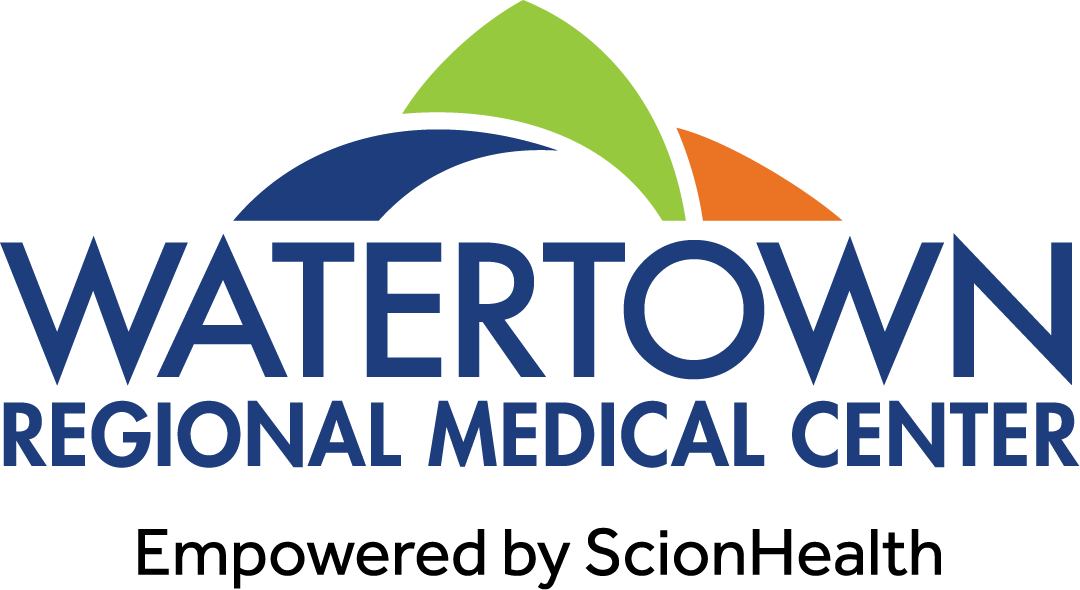Advanced Directives
As a capable adult, you have many rights when you receive health care. You have the right to be told about your medical choices and their benefits and risks. You also have the right to accept or refuse these choices. Whatever you decide, it is important to talk about your decisions with your physician, other health professionals and those closest to you. It’s also important to put these plans in writing in case you become unable to make your own decisions.
Advance care planning is a process that starts with thinking about possible future health choices and making sure those choices reflect the values and life goals that are important to you. You should discuss these choices with those close to you so that they understand what quality of life means to you, both now and in the future.
Start Planning Now:
This advance care planning process may only take a short period of time or it may take many months. What is most important is that you begin now and take the time you need to understand, reflect, discuss and make a plan that will work best for you and those closest to you.
Advance Directives:
An advance directive is the plan you make for future health care. In this plan, you simply provide instructions about the choices you would prefer for future healthcare should you not be able to share that information yourself. You can also appoint another person or persons to make health care decisions on your behalf if you were unable to make them yourself. This is referred to as a Health Care Power of Attorney.
Your advance directive can be a legal document, or you may choose to communicate your choices more informally in a letter or by having a conversation. There are several versions of the form, all of which are available online or from the hospital and are easy to follow. After completion, you will need to have two adult witnesses who are not related to you by blood or marriage and who are not part of your health care team or employed by the hospital.
Make sure to share copies of the Advance Directive with the people you have designated as your Health Care Power of Attorney and with your health care provider. If you receive care at a Watertown Regional Medical Center affiliated clinic, your document will be added to your medical record and will be made available if you’re ever a patient at the hospital. In many circumstances, a formal legal document that clearly reflects your goals and values is the best way to ensure that your choices can be followed.
Wisconsin is Not a Next of Kin State
Everyone has the right to ensure their medical wishes are carried out in a way that reflects their personal values and goals. Advance Care Planning should occur before a serious illness or injury occurs. This gives you and your loved one's time to consider and define what is important to you rather than having to possibly do so during a health crisis.
In Wisconsin, you may write a Living Will and Power of Attorney to specify the type and extent of medical care you want to receive at any time in your life. It’s also important to have an advance directive with a designated Health Care Power of Attorney because Wisconsin is not a next of kin state. This means that your spouse, parent, sibling, or adult child cannot legally make health care decisions for you if you are unable to unless you have created an advance directive and named a Health Care Power of Attorney. The only option left if there is no advance directive is for your family to petition the courts for guardianship.
Advanced Directive Help
While you can create an advanced directive on your own, there are other options available to you. You may discuss this with your health care provider or you may reach out to our community partners at Rainbow Hospice and participate in a guided conversation with one of their healthcare Advance Care Planning Facilitators.
These facilitators are certified by the Honoring Choices Wisconsin program. And the service is offered free of charge. Rainbow Hospice can be reached by calling 920-674-6255. Whichever option you chose, know that doing so is a way to support your loved ones and to ensure that the health care you receive in the future matches the values and life goals that you hold dear.
Useful Internet Links:
